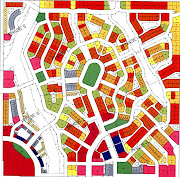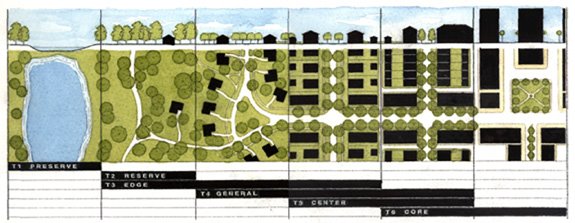To refresh this blog, click here: http://www.newherbanism.blogspot.com/
More for Energy; Less for Everything Else
Poorest Hit the Hardest
Rising energy prices are forcing more families, especially the poorest ones, to cut into the budgets they usually would use to pay for housing, food, and even health care, says a new study.
Squeezed the hardest are the country's poorest families. For those with an after-tax income of less than $10,000, energy costs will consume 46 percent of their take-home pay 2007, compared with 23 percent in 1997, according to the study.
Looking at a larger swath of the population — the 53 percent of American families who earn less than $50,000 — average transportation and household energy bills will take up 18 percent of after-tax income. That's nearly double the costs of 1997.
The study was completed by Gene Trisko, an environmental attorney and energy economist, on behalf of Americans for Balanced Energy Choices, an organization that supports using domestic coal to generate electricity.
Gas Prices Rise the Most
Gasoline accounts for the largest single increase in consumer energy costs with the average retail cost of gasoline increasing by 88 percent or more since 2001.
The study estimates that Americans will spend over $2,900 per family, or 6 percent of after tax income, on gasoline in 2007 with families earning between $10,000 and $50,000 spending 11 percent of after tax dollars on gas.
Spending on residential energy will consume 10 percent of after-tax income for families earning between $10,000 and $50,000. In the last decade residential energy costs have risen by 50 percent overall.
Here's a look at how household energy spending has increased between 1997 and 2007, using projected figures for this year:
• Electricity: 40% increase ($870 in 1997; $1,215 in 2007)
• Natural Gas: 64% increase ($579 in 1997; $949 in 2007)
• Fuel Oil: 96% increase ($714 in 1997; $1,402 in 2007)
• Propane Gas: 76% increase ($500 in 1997; $903 in 2007)
Remember that gasoline has increased by 88% just since 2001.
Source: REALTOR® Magazine Online, June 11, 2007
This is just more evidence that the denser, walkable, mixed use neighborhood is here to stay. As energy prices continue their inexorable increases, we will have to rethink both how we live and how we get around.
Herb
Tuesday, June 12, 2007
Subscribe to:
Post Comments (Atom)



No comments:
Post a Comment